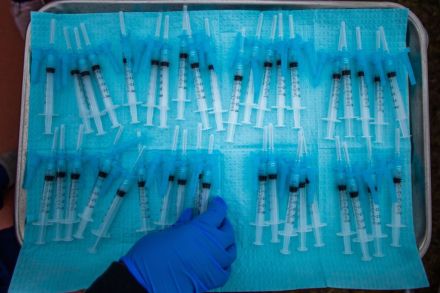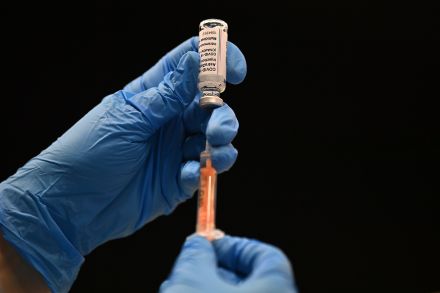Eugenics will never work – thankfully
In his most recent book, How to Argue With a Racist, the geneticist Adam Rutherford set out a lucid account of how the basis for many widely held and apparently commonsensical ideas about race are pseudoscientific; and he lightly sketched, along the way, the historical context in which they arose and the ideological prejudices that nourished them. We might have some half-baked ideas about how evolution works — and have unthinkingly accepted racial categories invented by 18th-century imperialists — but, he assured us in perhaps the standout line of the book, the underlying genetics is ‘wickedly complicated’. Control is a companion piece to that one. It again looks at the









